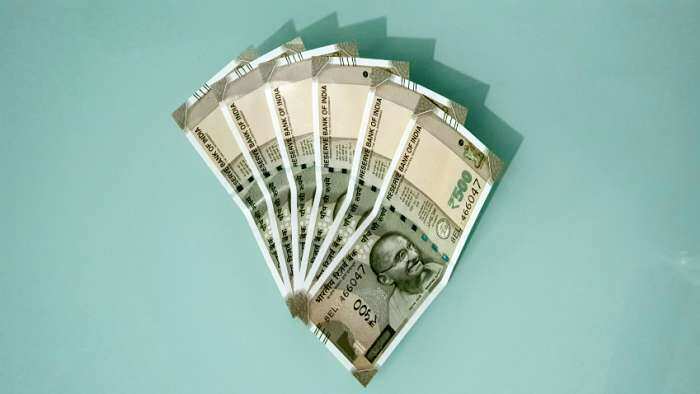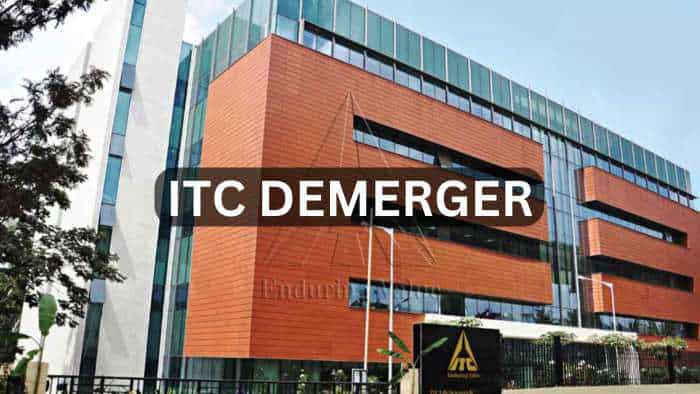Aadhaar a giant electronic leash, reduces an individual to a number: SC told

The Supreme Court on Wednesday was told that Aadhaar was "an electronic leash" to which every resident of India was tethered, and was violative of the Constitution as it reduces the recognition of an individual to a number.
Asserting that Aadhaar reduces the individual identity to a numerical, the five-judge constitution bench headed by Chief Justice Dipak Misra was told the "government has rolled out a little understood programme that seeks to tether every resident of India to an electronic leash".
The court was told this by the senior counsel Shyam Divan as the constitution bench, also comprising Justice A.K. Sikri, Justice A.K. Khanwilkar, Justice D.Y. Chandrachud and Justice Ashok Bhushan, commenced hearing on a batch of petitions challenging the constitutional validity of Aadhaar Act on the grounds of its being violative of the right to privacy.
"If the Aadhaar Act and programme is allowed to operate unimpeded it will hollow out the Constitution, particularly the great rights and liberties it assures to citizens," said Divan appearing for the petitioners challenging Aadhaar Act.
Telling the constitution bench that "A People`s Constitution will transform into a State Constitution", Divan said that the Aadhaar "electronic leash" is "connected to a central data base that is designed to track transactions across the life of the citizen".
Brushing aside the Centre`s contention that challenge to Aadhaar was "elitist", Divan said the question is "whether the Constitution of India allows the State to embrace this new programme or whether the Constitution repudiates this giant electronic mesh".
He referred to the judgment of the nine-judge constitution bench which had upheld the right to privacy and said that challenge to Aadhaar was not elitist.
In a spate of questions from the bench, Justice Chandrachud asked Divan if the State could not compel the citizens to part with their biometric profile in larger public interest. State could ask for the biometric identification of teachers and students for the implementation of Right to Education Act or for mid-day meal scheme for which hundreds of crores of rupees are spent.
As Justice Chandrachud asked if the Centre says that it will use the data for the limited purposes for which it was collected, would it satisfy the petitioners, Divan said "Certainly not".
Divan said that the Aadhaar Act was brought as a money bill and pointed to "irregularity of the procedure in passing the law".
At this the Chief Justice said that the "larger question that emerges here is that once a Bill is introduced as money Bill, can the court question the wisdom of the Speaker".
"Once Speaker says that it is a money Bill, then the court should not question the wisdom of the Speaker," said Chief Justice Misra.
At this, senior counsel P. Chidambaram said that Lok Sabha members can`t question it. But that does not mean the Speaker can certify any Bill as a money Bill.
Hearing will continue on Thursday.
Get Latest Business News, Stock Market Updates and Videos; Check your tax outgo through Income Tax Calculator and save money through our Personal Finance coverage. Check Business Breaking News Live on Zee Business Twitter and Facebook. Subscribe on YouTube.
RECOMMENDED STORIES

Top 7 Mid Cap Mutual Funds With Highest SIP Returns in 10 Years: Rs 13,333 monthly SIP investment in No. 1 fund is now worth Rs 67,61,971

Top 7 Mutual Funds With Highest SIP Returns in 1 Year: Rs 33,333 monthly SIP investment in No. 1 scheme has generated Rs 4.77 lakh; know about others too

Rs 55 lakh Home Loan vs Rs 55 lakh SIP investment: Which can be faster route to arrange money for Rs 61 lakh home? Know here

SBI 444-day FD vs PNB 400-day FD: Here's what general and senior citizens will get in maturity on Rs 3.5 lakh and 7 lakh investments in special FDs?

Rs 4,000 Monthly SIP for 33 years vs Rs 40,000 Monthly SIP for 15 Years: Which can give you higher corpus in long term? See calculations
08:20 AM IST










 How to lock/unlock Aadhaar biometrics via UIDAI portal
How to lock/unlock Aadhaar biometrics via UIDAI portal  Deadline to link Aadhaar with ration card extended
Deadline to link Aadhaar with ration card extended Rule Changes from April 1, 2024: NPS, SBI debit cards, FASTag - Get all the details here
Rule Changes from April 1, 2024: NPS, SBI debit cards, FASTag - Get all the details here DPIs like UPI, Aadhaar to propel India towards $8 trillion economy by 2030: Nasscom
DPIs like UPI, Aadhaar to propel India towards $8 trillion economy by 2030: Nasscom Aadhaar address update request rejected? Here's what you can do
Aadhaar address update request rejected? Here's what you can do